From Antitrust Probe to Import Ban, Beijing’s Pressure on Nvidia Mounts
Input
Modified
China’s CAC Orders Local Firms to Halt Nvidia’s New Chip Purchases Beijing Accelerates Moves to Curb Nvidia After Intense Antitrust Probe Are Chinese Private Firms Also Hesitant to Buy Nvidia’s New Chips?
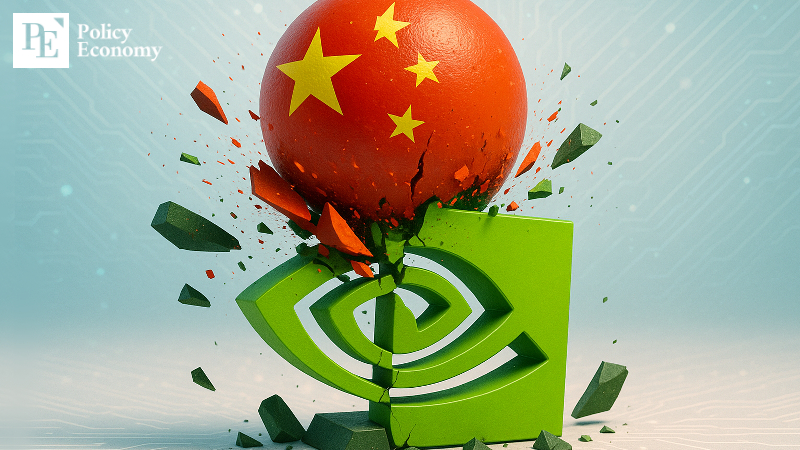
Chinese authorities have ordered domestic companies to stop purchasing Nvidia’s artificial intelligence (AI) chips. This move follows a recent advisory discouraging the use of Nvidia’s H20 chip, which had been designed for export to China, and now extends trade restrictions to newly developed chips targeting the Chinese market. The measure is seen as an effort to reduce reliance on Nvidia and promote self-sufficiency within China’s tech ecosystem.
Chinese Regulators Tell Firms to Halt Nvidia Chip Imports
On the 17th, the Financial Times reported that China’s Cyberspace Administration (CAC) had instructed domestic companies, including ByteDance and Alibaba, to stop testing and ordering Nvidia’s new China-specific low-end inference chip, the RTX 6000D. Some firms had already announced plans to purchase tens of thousands of RTX 6000D units and had begun testing and verification with Nvidia’s server suppliers, but these efforts were halted after the CAC’s directive.
The RTX 6000D is an AI chip developed by Nvidia for the Chinese market after the Trump administration restricted exports of the H20 AI chip to China in April. While the U.S. government conditionally approved H20 exports in July, shipments have not yet resumed. Meanwhile, Chinese regulators last month urged companies to limit H20 purchases, prohibiting both state-owned and private firms from using the chip in government or national security-related work. The move is seen as part of Beijing’s effort to reduce reliance on Nvidia, build a domestic chip supply chain, and strengthen competitiveness in the AI race with the U.S.
Nvidia called the measures “disappointing.” Speaking at a press conference in London on the 17th, CEO Jensen Huang said, “We can only participate in the market when China allows us to. While it’s disappointing given our significant contributions to the Chinese market, we understand there are larger issues between the U.S. and China.” He added that Nvidia’s China business has been like “a roller coaster,” and noted that the company has told analysts to exclude China from future financial forecasts.
Pressure Through Antitrust Probe
Even before the import ban, Beijing had been tightening scrutiny of Nvidia. A months-long antitrust investigation serves as a prime example. The probe stems from conditions set by Chinese regulators in 2019, when Nvidia acquired Israeli semiconductor company Mellanox. At the time, Nvidia pledged to supply the Chinese market without disruption for six years with its GPU accelerators, Mellanox’s high-speed interconnect equipment, and related software and accessories.
However, citing U.S. export controls on semiconductors to China, Nvidia later halted shipments of some GPU accelerators. Chinese authorities viewed this as a breach of its commitment and launched an antitrust investigation in December last year. On the 15th, the State Administration for Market Regulation (SAMR) announced on its official social media account: “Preliminary findings indicate Nvidia has violated China’s Anti-Monopoly Law and the SAMR’s conditional approval decision regarding its acquisition of Mellanox. The administration has therefore decided to open a further investigation in accordance with the law.”
Under Chinese law, Nvidia could face fines of up to 10% of its revenue in China from the previous fiscal year. Based on Nvidia’s China and Hong Kong revenue of $17.1 billion, the maximum fine could reach $1.7 billion. However, precedent suggests the penalty may be lower. In 2015, U.S. chipmaker Qualcomm paid about $975 million — roughly 8% of its prior year’s China revenue — for violating antitrust rules. By that measure, Nvidia’s fine is likely to fall below the legal maximum.
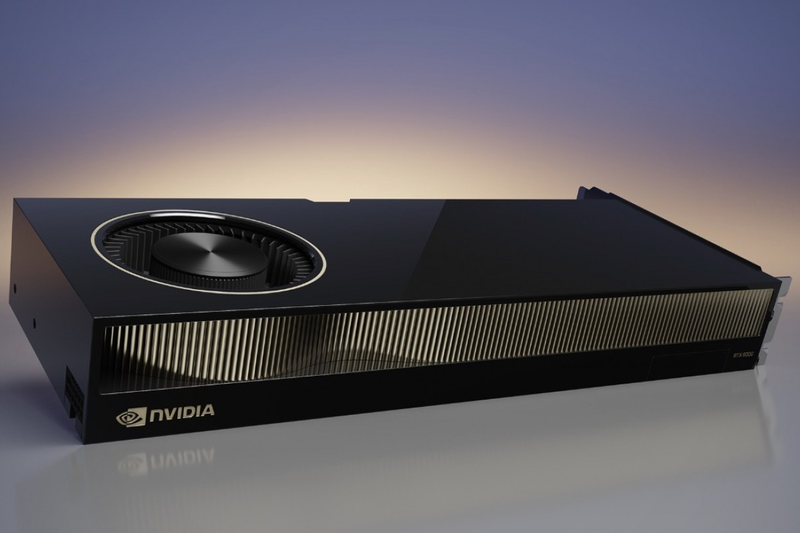
Nvidia’s New Chips Struggle to Gain Traction
As Beijing continues to impose restrictions on Nvidia, analysts suggest the latest import ban may have only a limited impact on the local market. Demand among Chinese firms for the RTX 6000D, the chip now subject to restrictions, was already lukewarm. Citing local sources, Reuters reported on the 16th that the RTX 6000D has been criticized as overpriced relative to its performance. Priced at $7,000, the RTX 6000D reportedly underperforms compared to the less expensive RTX 5090.
Although the RTX 5090 is among the chips barred from export to China, it is said to be widely available on the country’s gray market at less than half the cost of the RTX 6000D. Major Chinese tech players such as Alibaba, Tencent, and ByteDance—key drivers of demand for Nvidia’s products—are reportedly holding off on RTX 5090 or RTX 6000D purchases. Instead, they are either waiting for shipments of the H20 or hoping for export approval of the far more powerful B30A.
This trend runs counter to Wall Street’s expectations. U.S. investment banks including J.P. Morgan and Morgan Stanley had predicted a surge in Chinese demand for the RTX 6000D. In a report last month, J.P. Morgan projected production of roughly 1.5 million units in the second half of this year, while Morgan Stanley estimated output could reach 2 million units. A market insider, however, cautioned: “If production reaches the levels forecast by U.S. banks, oversupply could become a problem. With China continuing its push for AI chip self-reliance, Nvidia’s foothold in the market is steadily eroding.”


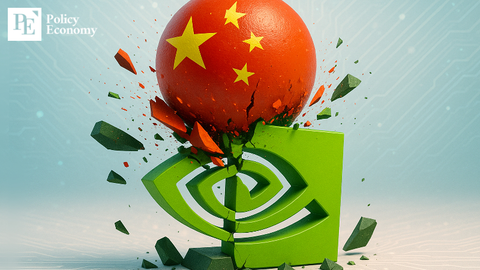
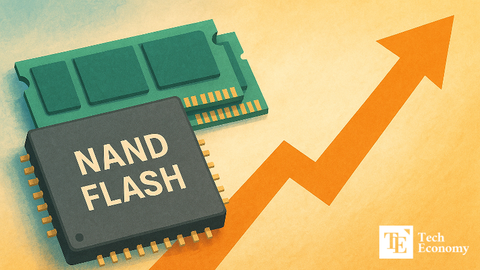



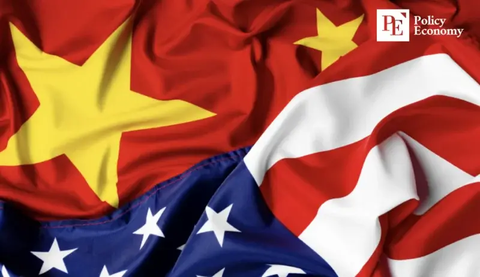














Comment